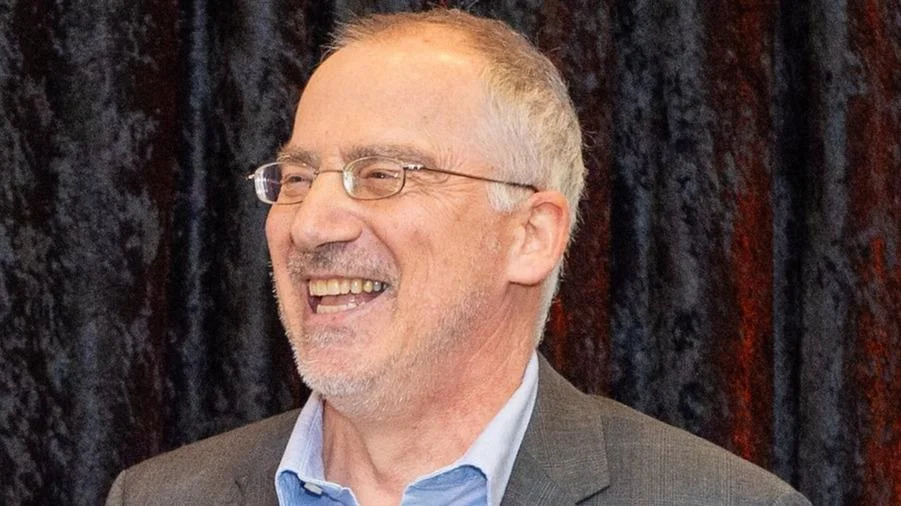
The University of Texas Health Science Center at Houston (UTHealth Houston) has been awarded a $2.9 million grant from the National Institutes of Health (NIH) to redesign clinical trials for neurologic conditions affecting underserved populations. The project aims to address disparities in neurological outcomes by engaging community partners to improve trial design.
Neurologic conditions such as stroke, Parkinson’s disease, and vascular cognitive impairment are significant contributors to death and disability in the United States. The initiative seeks to create an infrastructure for community-engaged research interventions targeting these brain health issues.
Anjail Z. Sharrief, MD, MPH, principal investigator and professor with the Department of Neurology at McGovern Medical School at UTHealth Houston, emphasized the importance of including underserved communities in clinical trials. “Historically, clinical trials for neurological conditions haven’t consistently or holistically included the voice of underserved communities that shoulder the largest burden of disease,” she said. By incorporating community input from the start, Sharrief believes trials will reach a broader patient population and yield more applicable findings.
Sharrief noted that trial designs often favor researchers' capabilities over community needs. She highlighted logistical barriers such as weekday clinic visits and lack of transportation funding that hinder participation from lower-wage earners. “We often develop trials for what we, the researchers, are able to do, not what the community is able to do,” she stated.
To facilitate these efforts, a Brain Health Equity Collaborative will be established to support academic-community partnerships in trial development. This collaborative will feature a community advisory board tasked with reviewing consent forms and assessment questions to ensure they resonate with diverse patients. Additionally, a community oversight committee will ensure adherence to engagement protocols.
“When you cannot recruit patients from certain communities to participate in a clinical trial, it’s not merely an issue of trust or interest — you’ve made it too hard for them to participate,” Sharrief explained. She expressed enthusiasm about combining research with community engagement and empowerment: “This is super exciting because it marries our passion for research with our commitment to community engagement and empowerment.”
Community partners involved include ProSalud, Gulfton Home Community, African American Male Wellness Agency, and the Christopher Pichon II Foundation.
The project involves several co-investigators from UTHealth Houston's Department of Neurology: Elizabeth Noser, MD; Chigozirim Izeogu, MD; Mya Schiess, MD; Shivika Chandra, MD; Kendra Anderson, PhD; Jose-Miguel Yamal, PhD; Amy Franklin, PhD; and Logan Thornton DrPH.
Funding was provided by the National Institute of Neurological Disorders and Stroke (1R01NS40001-01), part of NIH.